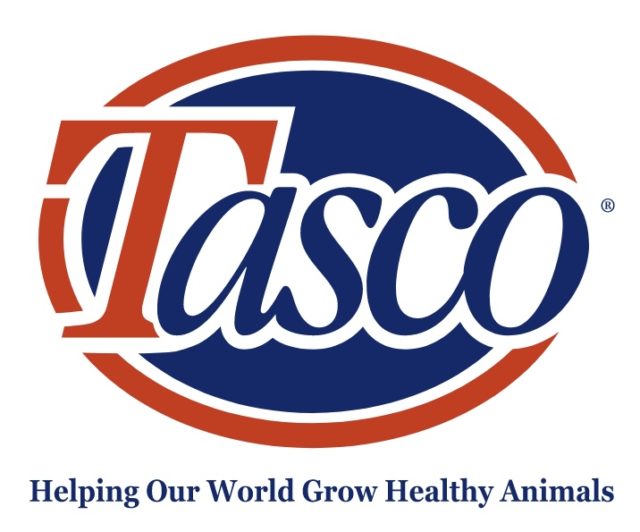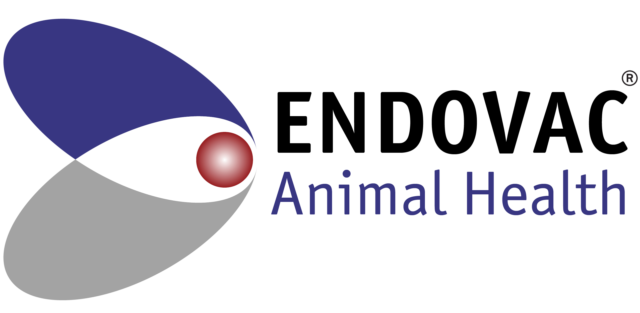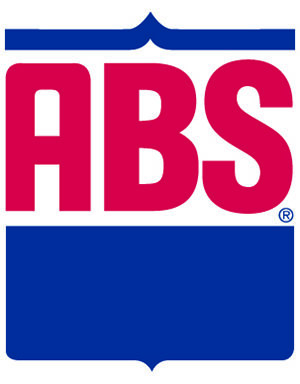Our school had its annual fall fundraiser, an evening of family fun activities with food and a live auction, put on by a group of volunteer parents, teachers and staff members. An event for a few hundred people is no small task. It takes a lot of planning and preparation. Inadvertently, some of our regular set-up crew, including myself, could not help get everything ready on the day of due to other commitments. To pull this off, we needed to find other volunteers and convey what needed to be done.
Considering some of our longtime volunteers have children in their last year of school here, this was a good first step in transitioning responsibilities to a new group with younger children. The volunteers graciously gave of their time and talents over the years, and now as their children grow and go on to do other things, they will follow and spend their time elsewhere.
Just as others who were in the organization earlier passed on their knowledge to us, we are doing the same. This enables our traditions to continue year after year with little interruption.
It reminds me of a conversation I had with a pair of dairy producers at Canada’s Outdoor Farm Show in September. They explained how they made sure all members of their farm team were trained in every aspect of the farm. While each employee had their core set of responsibilities, they also knew what needed to happen and how it needed to happen all around the farm. Not only does this give them a greater understanding of the entire operation, but it also allows for them to fill in for someone in another role when needed to minimize disruption on the dairy.
One of our company’s strategies is for every task to be two-deep. We want to be sure that more than one individual knows how to do what needs to be done. If someone chooses to leave or there is an extended or unexpected absence, we want to be able to continue to deliver on our commitments to the industry.
I realize it can be difficult to pass along knowledge and share the inner workings of your role with someone else. If another individual can do what you do, it might feel like it diminishes the value you bring to the organization, farm or company in which you belong. I’ve felt that way too. However, the older I get, I find it is a nice relief to pass on my responsibilities or to at least have someone be able to fill in for a while. If I am the only one who can do something, it means I must do it or it won’t get done. If I can teach others to do what I do, I am free to pursue other opportunities while knowing those tasks are in someone else’s capable hands.
Sharing tasks usually means relinquishing some control. When I arrived at the school event that evening, I knew to expect some things would be different than in the past or “not quite right” in my opinion, and that was going to have to be OK. Those who stepped up and filled in did an excellent job. All the main pieces were in place, and the evening did exactly what it was supposed to do – bring together the community and raise money to help our school. Knowing I can now hand over one more responsibility made the evening even more enjoyable.
With harvest complete and the slower months ahead, I encourage you to think about who your replacement might be and what tasks you can start sharing to either minimize disruption on your farm or to free your time to pursue other tasks.









